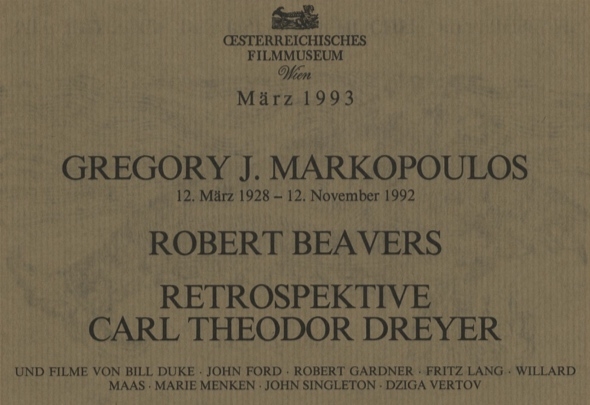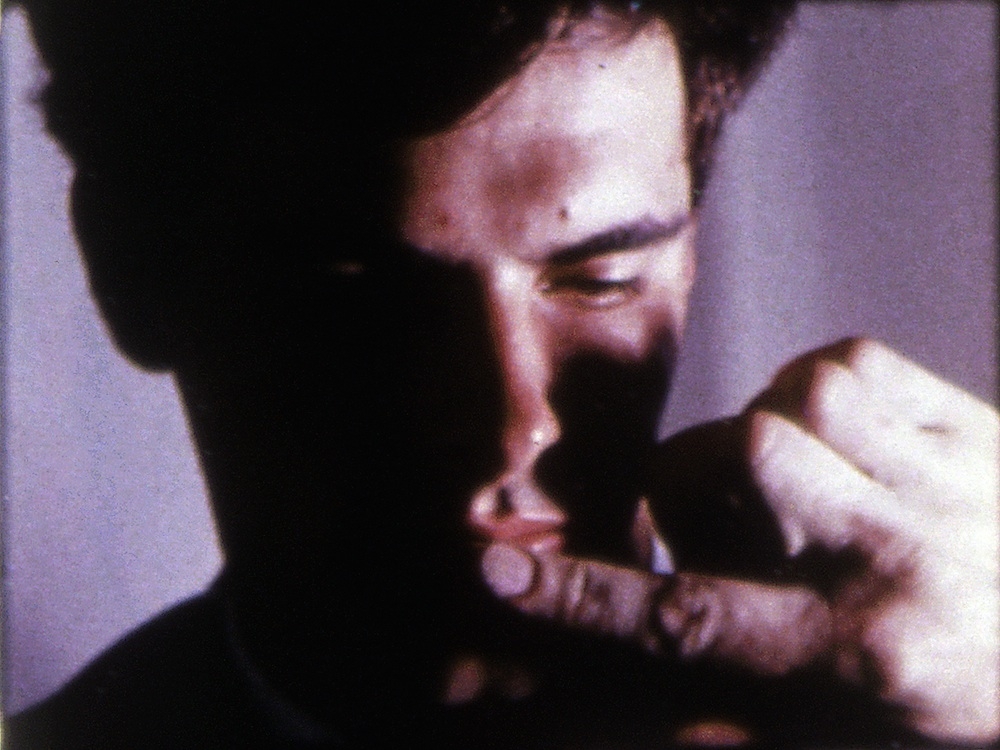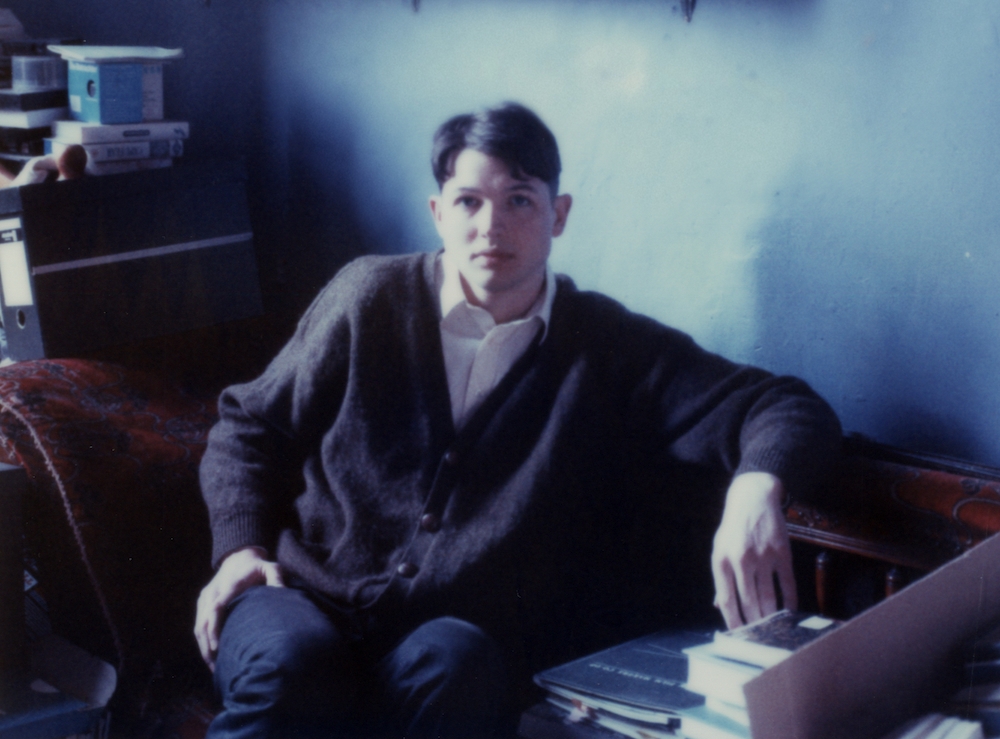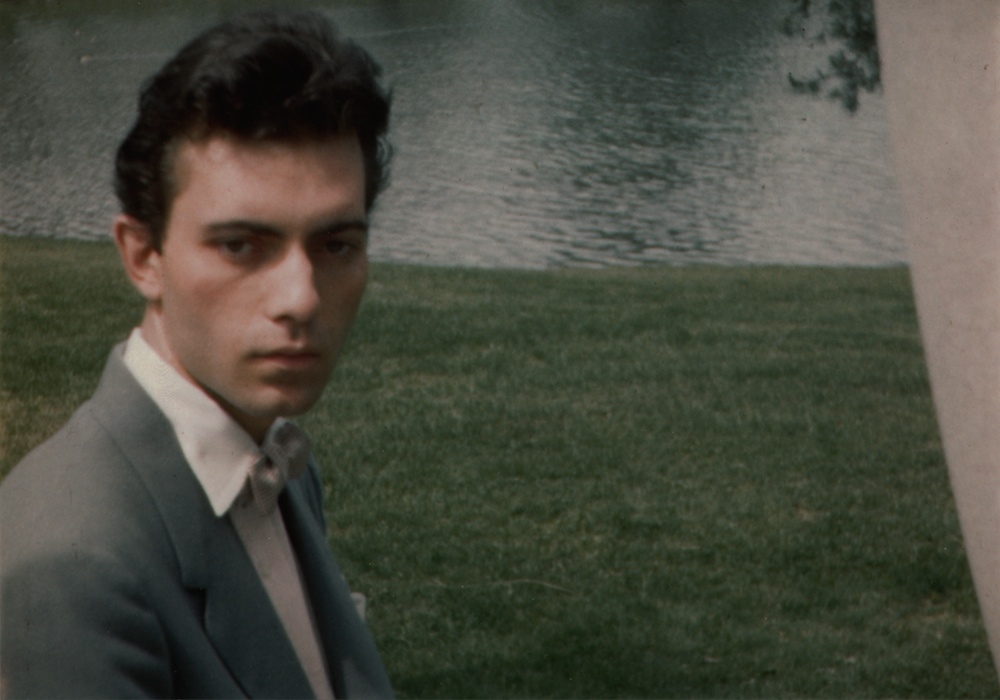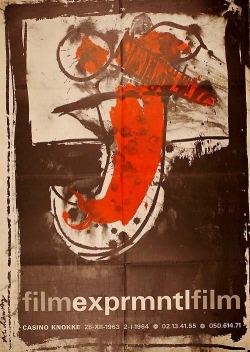Alexander Horwath on Film as Film
Alexander Horwath on Film as Film
Alexander Horwath is the director of the Österreichisches Filmmuseum, where a major retrospective of films by Gregory J. Markopoulos will be presented from 19-24 November 2014. See here for details of the programme on the Filmmuseum website.
“In 1955, roughly at mid-point between now and when cinema began, the 27-year-old filmmaker Gregory J. Markopoulos summoned the names of Griffith, Ince, Stroheim, Eisenstein, Murnau, Sternberg and Dreyer in a lecture titled “The Responsibility of the Cinema In Our Age”. This lineage is not a marginal aspect in the supremely important body of personal film work signed by Markopoulos, nor in his writings that are now available in a beautiful and far-reaching collection. It isn’t a marginal aspect because there is only one cinema – and neither Vertov nor Hitchcock, let’s say, nor Markopoulos can be separated from it. In order for the practice (and the genius) of cinema to be understood in the future, we should cease from splitting off some of the medium’s core achievements into segregated ‘special domains’. The validity of such rubrics and handicaps, mostly invented and held up by commercial or academic interests, will pass into oblivion faster than celluloid itself.
“All who have dreamed of a single library shelf where the collected writings of cinema’s great practitioners can stand side-by-side – Claire Denis next to Alexander Dovzhenko, Kubelka next to Keaton, Weerasethakul next to Welles – should be extremely grateful that now, right next to the spot reserved for Mizoguchi, Book Number One is finding its place on that shelf. Film as Film, with its contents ranging from critical essays to poetry – all part of an autobiography – is not just a great read for anyone interested in film as an art form … It’s also a double inspiration: to young artists who are just beginning to test their respective tools, training their eyes, ears, hands and machines on the world to achieve something beyond imitation; as well as to those who have not yet seen enough of the actual films made by Gregory J. Markopoulos. To quote the title of one of his masterpieces: this book is the Galaxie of Markopoulos moments, ninety-one intense spotlights from the artist’s life as a writer.”
—– Alexander Horwath
Film as Film; The Collected Writings of Gregory J. Markopoulos is available for purchase at the Austrian Film Museum, priced 25 Euros.

